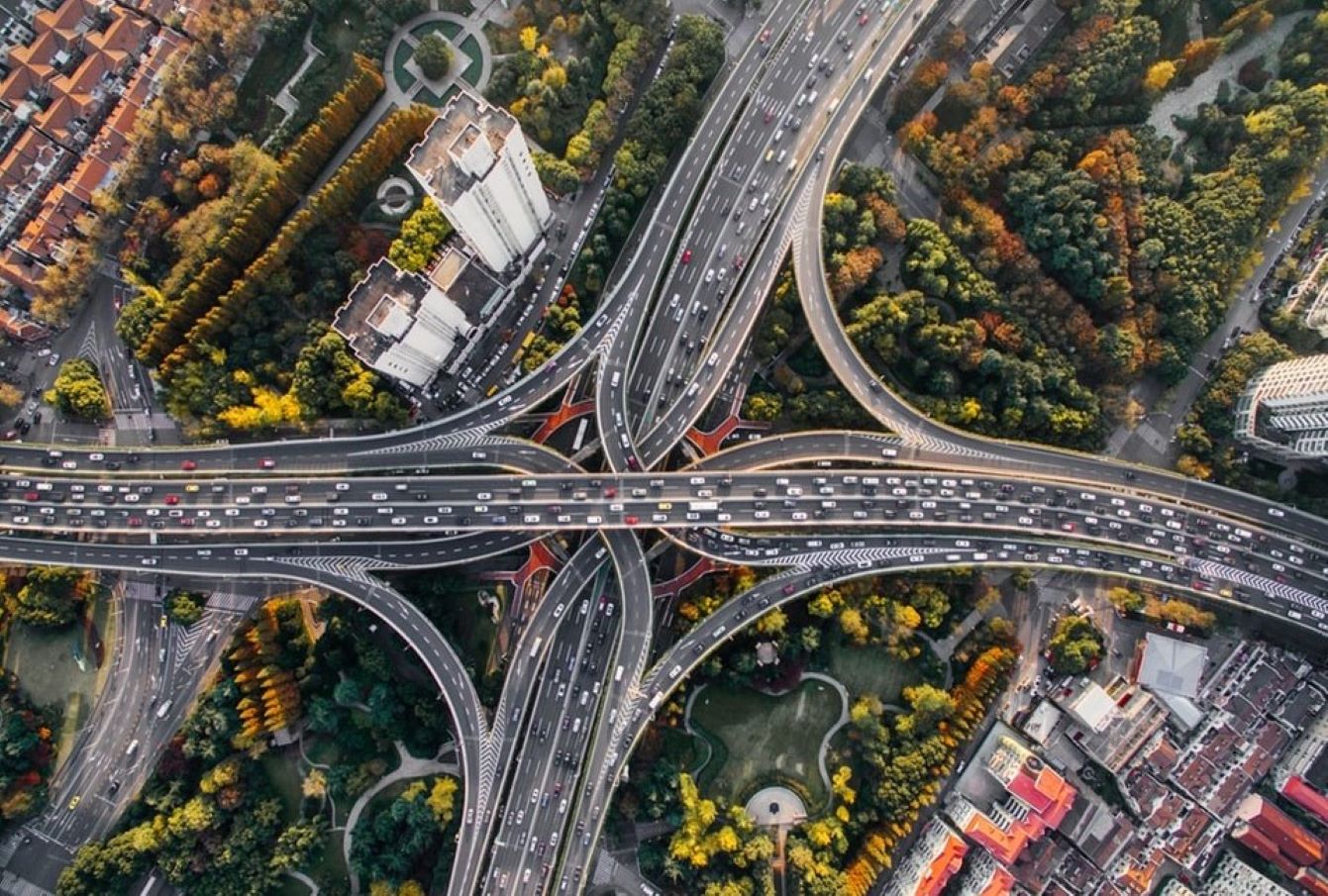 EU launches biowaste challenge
EU launches biowaste challenge
Eighty-six million tons, 173 kilos every year: this is the food that each European citizen throws in the trash every year. Almost 20 percent of all food produced is thrown away. We are 500 million people, in the 28 EU member states (the analysis takes into account the pre-Brexit situation). This amount of waste, according to the European Environment Agency, is, or rather could be, a key flow for the circular economy.
In its report entitled “ Rifiuti organici in Europa – trasformare le sfide in opportunità” (Organic Waste in Europe – Turning Challenges into Opportunities), the Agency specifically analysed the potential of this flow of matter, largely made up of food and garden waste. Reducing and using organic waste could cut pollutant emissions, improve soils and provide energy.
Organic waste, or bio-waste, accounts for the largest share (34%) of all urban waste in Europe. About 60% of this organic waste is food waste. Recycling bio-waste is also crucial to achieving one of the EU’s goals of recycling 65% of urban waste by 2035.
The report also notes that the benefits of reducing food waste are much greater than those from food waste recycling, which remains a necessary and important strategy.
Currently, composting is the most common way of managing organic waste. However, anaerobic digestion is also growing: a biological process by which, in the absence of oxygen, the organic substance is transformed into biogas, which is a source of renewable energy.
However, the share of composted and processed urban waste in 2018 was 17%, a nice jump from 11% in 2004. But even today a significant part of the staff ends up in the undifferentiated.
There is also a problem with labels: more and more products improperly defined as compostable or biodegradable end up confusing consumers. Making the labels clearer is therefore necessary for consumers but also for the packaging cycle and everything that ends up in the dustbin.
So, what can we do to value the food we throw away, as well as try to reduce waste at source? According to the European Agency, “research and development are increasingly exploring opportunities for the use of organic waste” especially regarding food, but many challenges remain open. It will be up to consumers and institutions to welcome them and perhaps make it an opportunity to revive the green economy after the pandemic.





